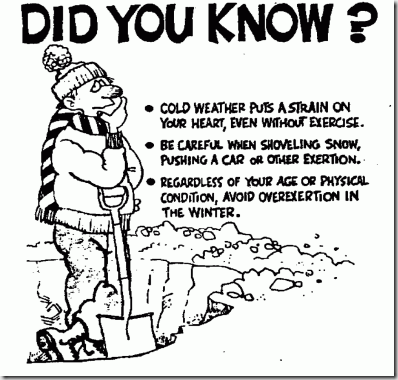We’ve covered several topics on preparing your compressed air system for cold weather and just wanted to leave you with a final thought on the topic today.
Heat Recovery
A great way to save money during the winter months is to capture the heat that your compressor is generating with a heat recovery system. Up to 90% of the heat generated by the heat of compression can be captured and utilized elsewhere in the plant with just a little planning and investment. These can include ambient heat for other areas of the plant, pre-heating boiler combustion air and other additional process heating requirements. Even if the temperature’s can’t be brought up to full operating requirements, utilizing the waste heat from the compressor can cut down on alternate heating costs.
System Preparation
It’s never too early or too late to plan and prepare for temperature changes. Especially the extremes of winter and summer. Put the maintenance and planning items on your calendar so you’re not caught off guard by rapidly changing conditions. Just to be sure you’re aware – follow me on twitter where we always announce when high and low temperature events are expected.



